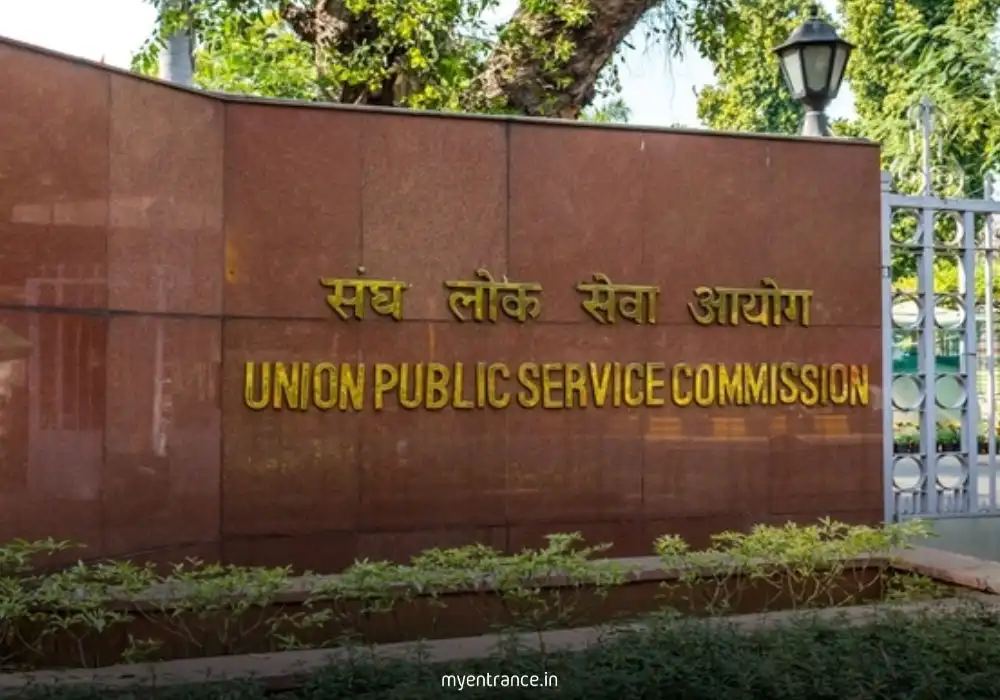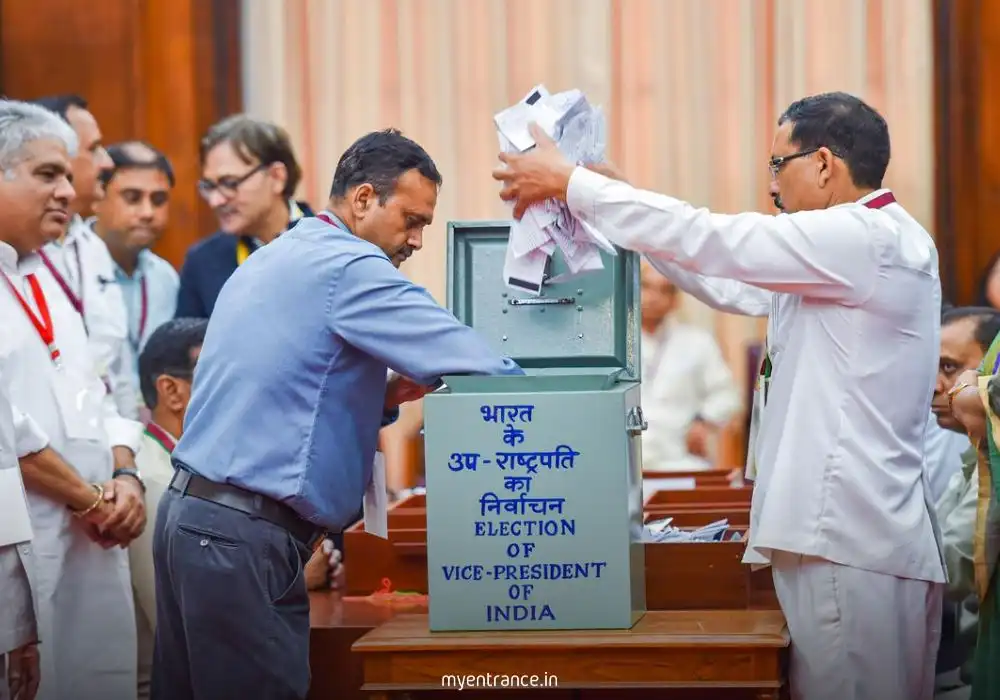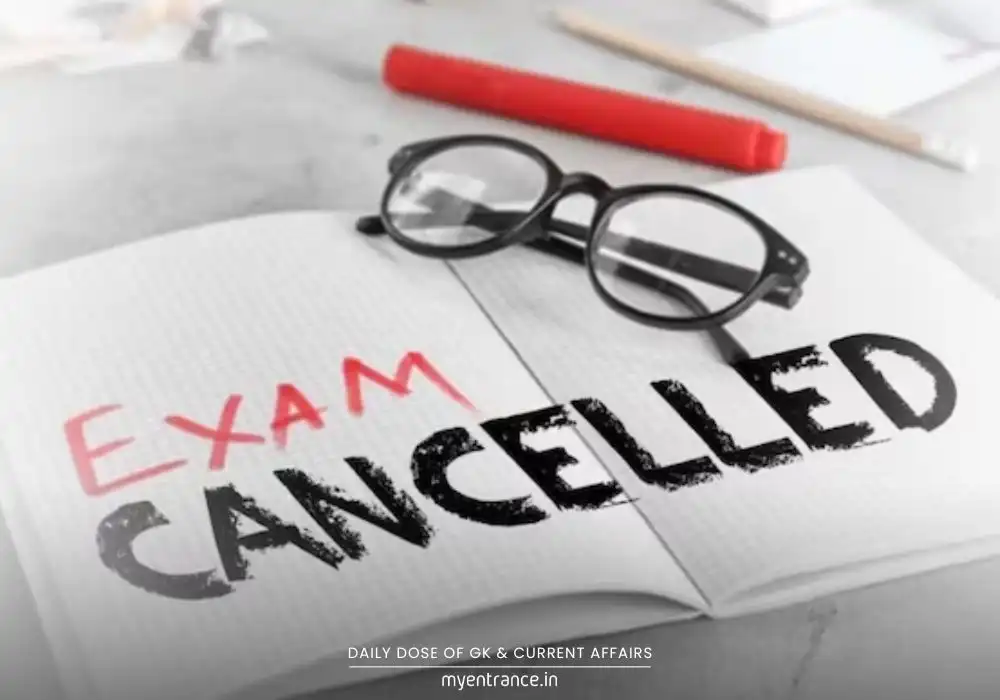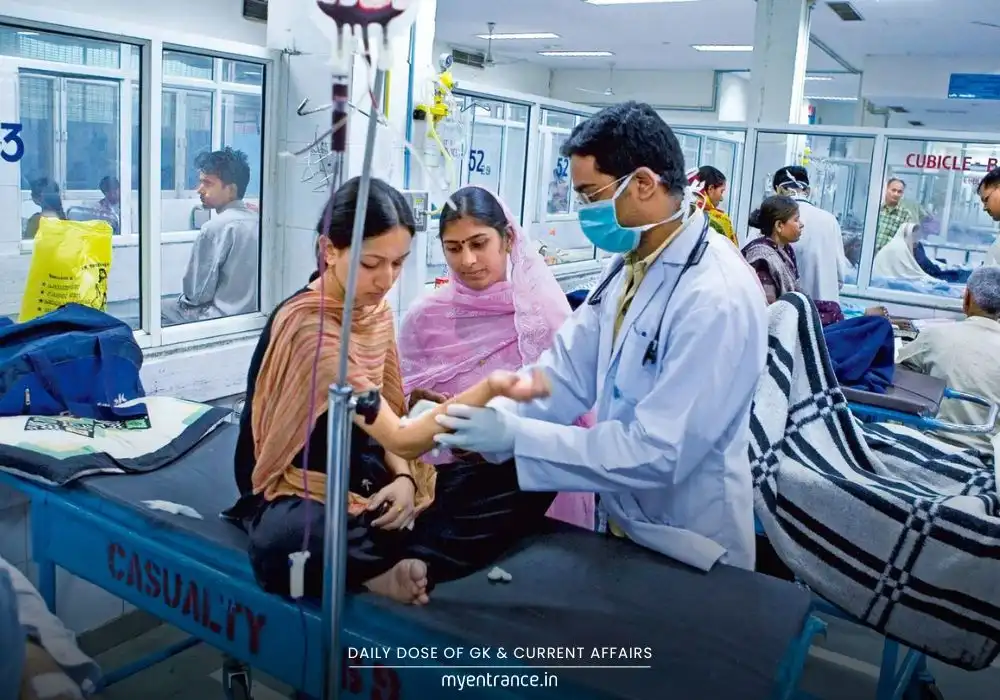Translate Language
Why SC Rejected Extending POSH Act to Political Parties: Key Takeaways
The Supreme Court recently declined a petition demanding the extension of the POSH Act to political parties. This verdict highlights critical gaps in workplace safety for women in politics. For exam aspirants, this ruling intersects with governance, gender justice, and legislative accountability.
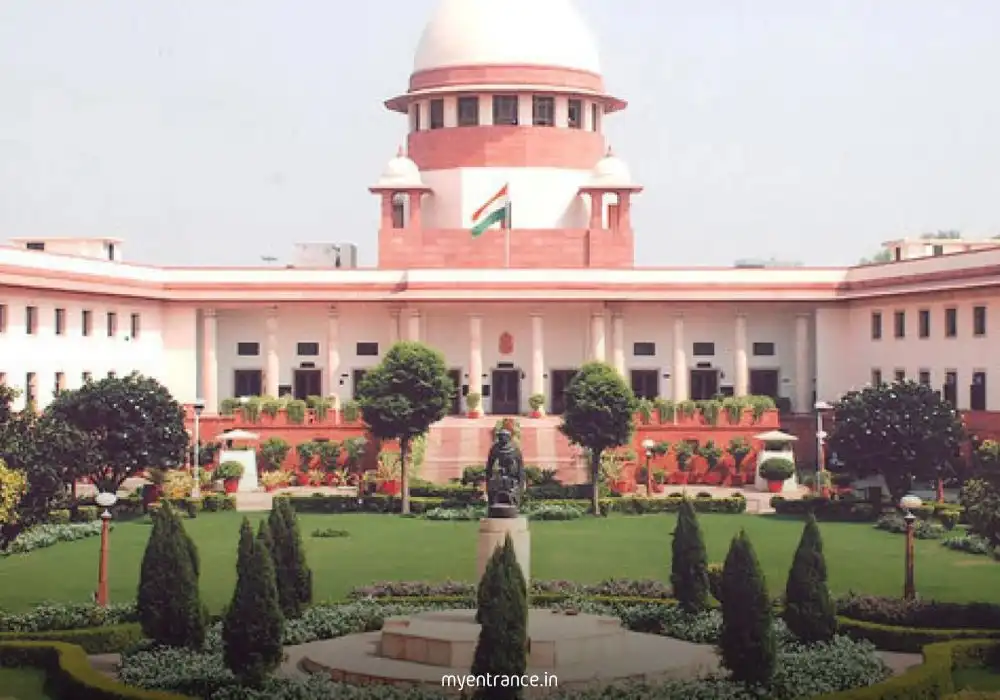
SC’s POSH Act Verdict
(Focus: “SC refuses to entertain plea to apply POSH Act to political parties”)
Let’s break this down like we would in a classroom. The Supreme Court, led by CJI B.R. Gavai, dismissed a plea seeking to enforce the POSH Act (2013) within political parties. Why? The Court firmly stated this was a job for lawmakers, not judges.
The petitioner argued that political workplaces need Internal Complaints Committees (ICCs) to address rampant sexual harassment, citing UN studies on systemic abuse in politics. But the bench responded: “Ask women MPs to table a private bill in Parliament.” Essentially, the Court pushed the ball back to the legislature, refusing to “interpret” terms like workplace or employee under the Act.
Crucially, the petitioner withdrew the case after the Court advised her to challenge a conflicting Kerala HC judgment instead. This leaves political parties in a legal gray zone—despite employing thousands of women—with no mandatory ICCs.
Why This Matters for Exams
This topic is high-weightage for competitive exams:
UPSC/PSC Mains: GS-II (Social Justice, Governance) and GS-I (Women’s Issues).
Prelims: Current affairs on gender laws, judiciary’s role.
Interview Stage: Questions on judicial activism vs. separation of powers.
Key Angles:
Governance Gap: Political parties remain unregulated workplaces despite their public role.
Gender Parity: Exams test awareness of laws protecting women in workplaces.
Judicial Restraint: SC’s refusal highlights limits of judicial overreach.
Q&As for Exams
Q1: Why did the Supreme Court refuse to apply the POSH Act to political parties?
A1: The Court deemed it a “policy matter” under the legislature’s domain, urging petitioners to approach women MPs for a private bill instead.
Q2: Which legal guidelines preceded the POSH Act (2013)?
A2: The Vishaka Guidelines (1997), laid down by the SC after Bhanwari Devi’s gangrape case, mandated sexual harassment protocols until the POSH Act replaced them.
Q3: What is the key argument for including political parties under the POSH Act?
*A3: Political work involves employment-like engagement, and excluding parties leaves women vulnerable to systemic harassment, as per UN studies.*
Q4: How does the Representation of People Act (1951) relate to this issue?
A4: While it regulates party registration (Section 29A), it lacks provisions for workplace safety—creating a accountability vacuum.
Q5: What remedy did the SC suggest to the petitioner?
A5: Challenge the Kerala HC’s ruling that exempts political parties from the POSH Act, rather than seeking judicial reinterpretation.
Get 3 Months Free Access for SSC, PSC, NIFT & NID
Boost your exam prep!
Use offer code WELCOME28 to get 3 months free subscription. Start preparing today!

